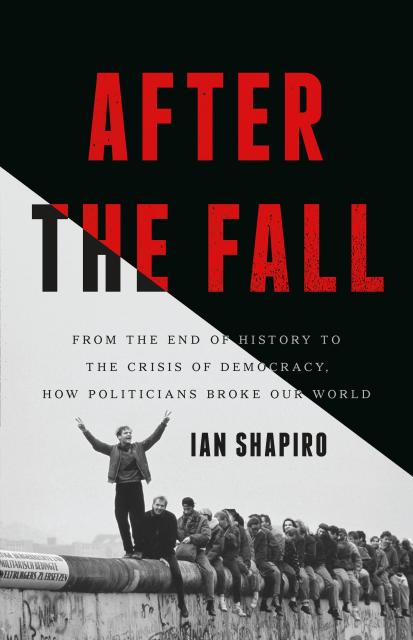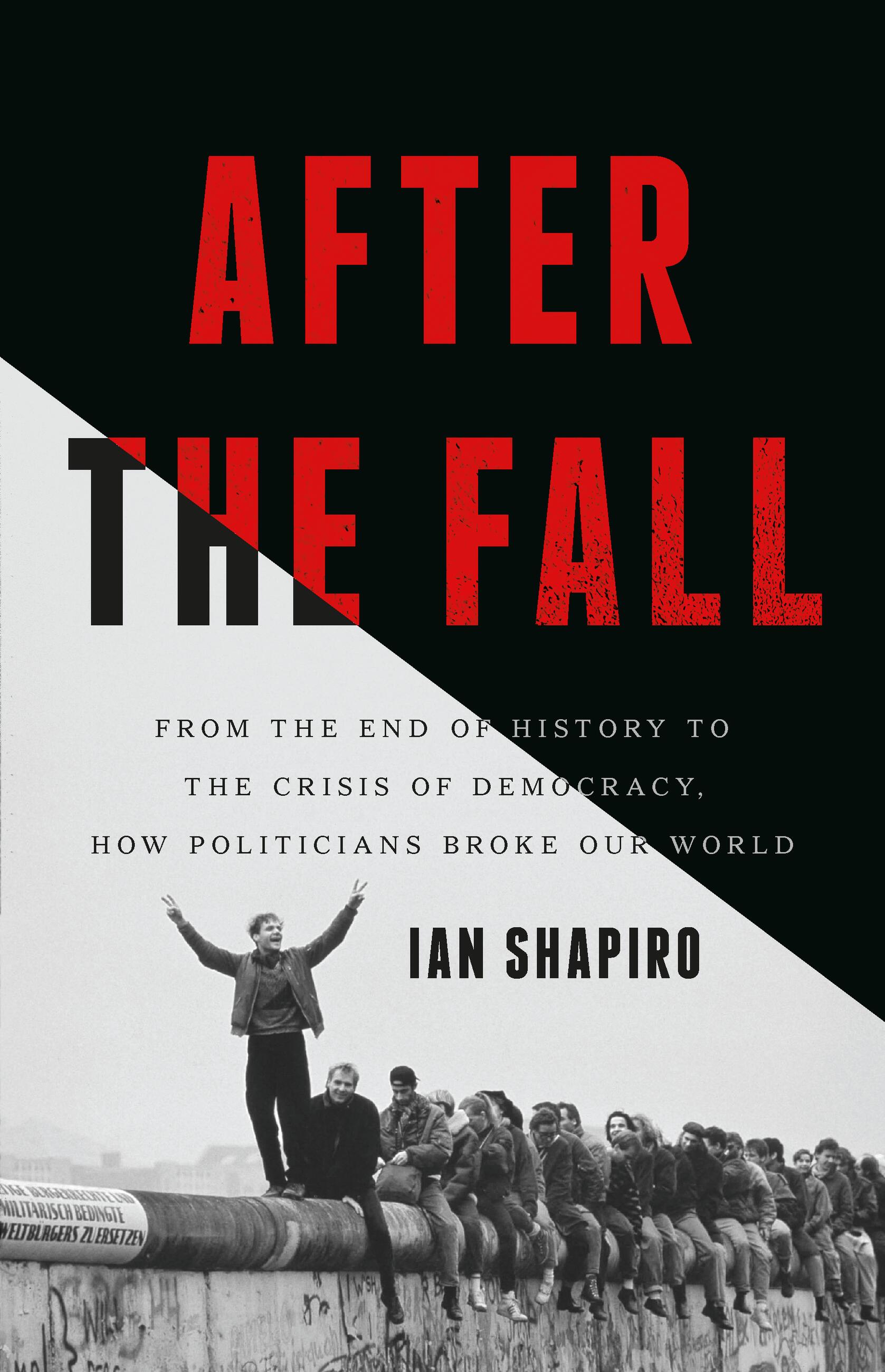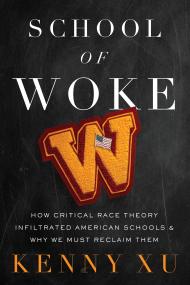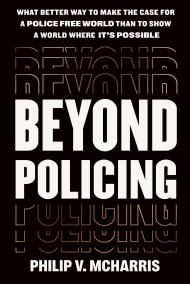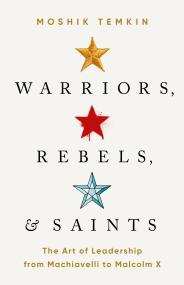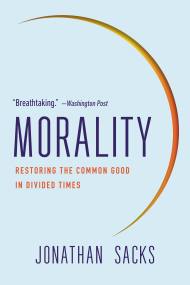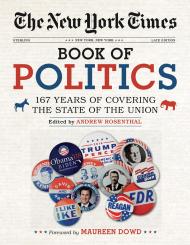By clicking “Accept,” you agree to the use of cookies and similar technologies on your device as set forth in our Cookie Policy and our Privacy Policy. Please note that certain cookies are essential for this website to function properly and do not require user consent to be deployed.
After the Fall
From the End of History to the Crisis of Democracy, How Politicians Broke Our World
Contributors
By Ian Shapiro
Formats and Prices
- On Sale
- May 5, 2026
- Page Count
- 320 pages
- Publisher
- Basic Books
- ISBN-13
- 9781541606265
Price
$30.00Price
$40.00 CADFormat
Format:
- Hardcover $30.00 $40.00 CAD
- ebook $18.99 $24.99 CAD
- Audiobook Download (Unabridged) $24.99
Buy from Other Retailers:
“A compelling analysis—profoundly challenging to so many Western assumptions—with an admirable blend of realism, imagination, unflinching criticism, and generosity.” ―Rory Stewart, author The Places in Between
The collapse of the Berlin Wall in 1989 ushered in an era of tremendous political optimism: communism was receding and democracy was on the march in Eastern Europe, Latin America, and much of Asia. Even surviving communist regimes were adopting capitalism, and the stagflation of the 1970s and industrial strife of the 1980s were in the rearview mirror.
Four decades later, euphoria has given way to resentment and pessimism. Britain left the EU, Donald Trump’s populist crusade gained him the White House not once, but twice, and right-wing parties have gained power across Europe and other parts of the world on a scale not seen since the 1930s. What happened?
In After the Fall, pre-eminent political scientist Ian Shapiro argues that the current crisis was far from inevitable. Politicians made consistently bad choices on topics ranging from NATO’s future to the War on Terror to humanitarian intervention and the governance of their economies. In doing so, they fostered a crisis of confidence in political institutions, empowered anti-system parties and candidates, and produced a new Cold War as dangerous as the last.
By scrutinizing the roads not taken by politicians in the past, Shapiro maps out what better futures might still be possible.
-
“Those struggling to understand how this country and the world at large could fall from the crowning heights of 1989, a moment of ascendant prosperity under democratic capitalism, to the contemporary morass, corruption, and authoritarianism of new right populism need look no farther than Ian Shapiro’s After The Fall. Shapiro skillfully documents the lost opportunities, bad choices, and failures of commission and omission as the post-Cold War edifice came under the growing strains of the economically dispossessed, political entrepreneurs skilled at mobilizing discontent and voters increasingly willing to turn to autocratic leaders.”Thomas Edsall, columnist, New York Times
-
“A compelling analysis—profoundly challenging to so many Western assumptions—with an admirable blend of realism, imagination, unflinching criticism, and generosity—effortlessly in command of geopolitics—showing how often confusion, conventional wisdoms, group-think, and lack of imagination squandered the opportunities of the 90s and accelerated the collapse of the global order.”Rory Stewart, former Member of Parliament and author of The Places in Between
-
“Ian Shapiro’s powerful and arresting book explains just how and why the politics of Europe and North America have come to be so confused, so acrimonious, and so dangerous over the last few decades. Its focus is on a small number of fateful decisions, any of which could readily have been avoided. Since the damage they have inflicted now threatens everyone and those who have lost from it so drastically outnumber those who have gained, it shows something surprising, of immense political importance and the greatest urgency.”John Dunn, University of Cambridge
Newsletter Signup
By clicking 'Sign Up,' I acknowledge that I have read and agree to Hachette Book Group's Privacy Policy and Terms of Use
